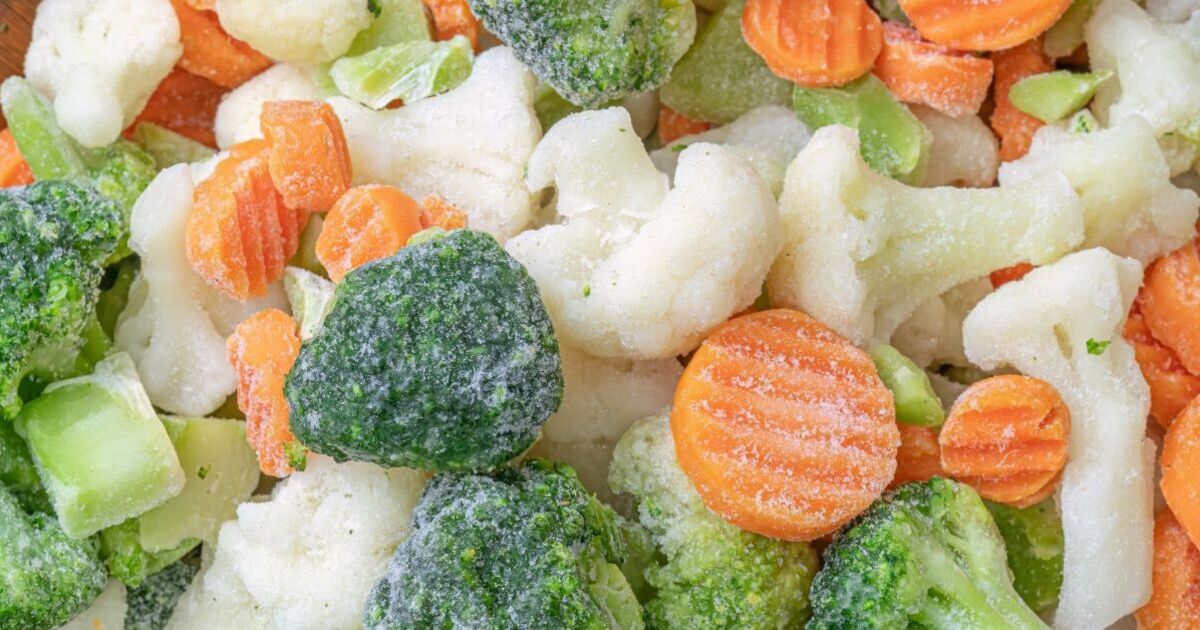When it comes to maintaining a healthy diet, the debate between fresh and frozen vegetables often arises but some are just as nutritious even when frozen. For certain vegetables – peas, broccoli, and spinach – the frozen versions can be just as nutritious, if not more so, than their fresh counterparts. According to Nature of Home, studies have shown that the quick-freezing process can seal in vitamins, minerals, and even elevate the nutritional profile of certain vegetables.
Frozen peas are harvested at their peak ripeness and frozen within hours, preserving their nutrient content. They are an excellent source of plant-based protein and an easy addition into many meals. Not only this but, frozen peas retain more vitamin C than fresh peas that have been stored for several days, making them a convenient and nutritious option year-round.
Broccoli is renowned for its high vitamin C content, but this nutrient degrades quickly in fresh broccoli stored at room temperature.
In contrast, frozen broccoli maintains its vitamin C levels better over time, thanks to the rapid freezing process. Nature of home says: “Its nutrition profile is very similar to that of fresh broccoli.”
Freezing helps preserve other nutrients like fiber and antioxidants, ensuring that frozen broccoli remains a healthy choice.
Finally, spinach, which is rich in iron, is another green that retains its nutrients when frozen.
Frozen spinach is often more concentrated, as it’s blanched and compressed before freezing, making it a nutrient-dense option.
Nature of Home says: “Since spinach dramatically reduces in volume when cooked, buying it frozen makes it easy to add a concentrated dose of nutrients to smoothies, egg dishes, soups, and casseroles. Always keep some on hand in your freezer.”
Other vegetables which retain their healthy properties include carrots, cauliflower, green beans, butternut squash and edamame.
Opting for frozen peas, broccoli, and spinach can be a smart choice if you’re seeking to maintain a nutritious diet without worrying about your veggies going off.
These vegetables offer comparable, if not superior, nutritional benefits to their fresh counterparts, especially when considering factors like storage time and convenience.
Incorporating frozen versions of these vegetables into your meals ensures a consistent intake of essential nutrients, supporting overall health and well-being.
